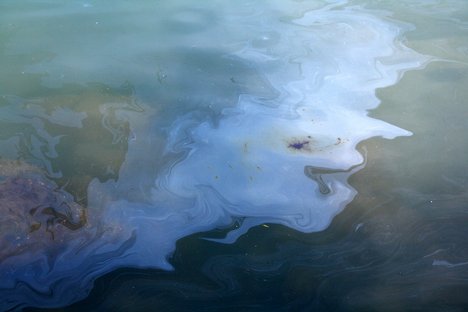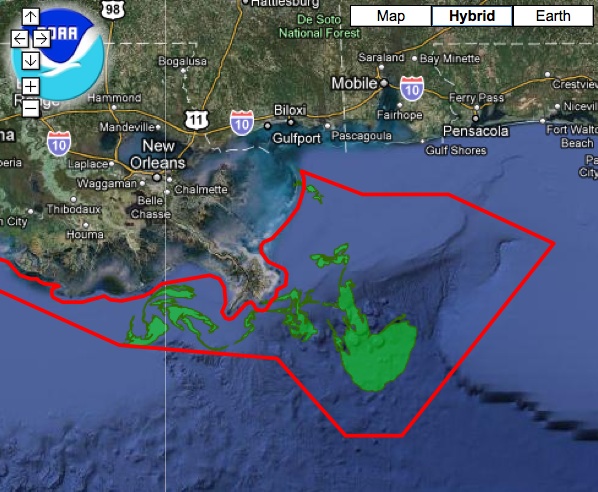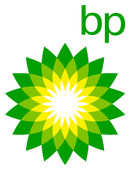BP's Tony Hayward: Clueless or Careless?
 BP CEO Tony Hayward has gone from being a little known CEO to a household name made infamous by the Deepwater Horizon disaster that has led to 70,000 to 90,000 barrels of oil, according to a new analysis, pouring into the Gulf daily, for over a month. At 42 gallons per barrel, that's an astonishing 2.94 to 3.78 million gallons of oil pouring into the Gulf every day. Ever since the incident, Hayward has provided the public with a goldmine of quotes and misleading information. Possibly the most famous instance of poor propriety was when Hayward, while apologizing to the people of Louisiana, told them "I would like my life back", a comment that sounded particularly insensitive after the Gulf catastrophe claimed 11 lives in the Deepwater Horizon explosion. Further casualties now include nearly 500 birds, 227 turtles, and 27 mammals, including dolphins. Hayward's poorly-conceived statements do not stop there; he also famously said, "The Gulf of Mexico is a very big ocean. The amount of volume of oil and dispersant we are putting into it is tiny in relation to the total water volume."
BP CEO Tony Hayward has gone from being a little known CEO to a household name made infamous by the Deepwater Horizon disaster that has led to 70,000 to 90,000 barrels of oil, according to a new analysis, pouring into the Gulf daily, for over a month. At 42 gallons per barrel, that's an astonishing 2.94 to 3.78 million gallons of oil pouring into the Gulf every day. Ever since the incident, Hayward has provided the public with a goldmine of quotes and misleading information. Possibly the most famous instance of poor propriety was when Hayward, while apologizing to the people of Louisiana, told them "I would like my life back", a comment that sounded particularly insensitive after the Gulf catastrophe claimed 11 lives in the Deepwater Horizon explosion. Further casualties now include nearly 500 birds, 227 turtles, and 27 mammals, including dolphins. Hayward's poorly-conceived statements do not stop there; he also famously said, "The Gulf of Mexico is a very big ocean. The amount of volume of oil and dispersant we are putting into it is tiny in relation to the total water volume."

 Montana's law states, "A corporation may not make a contribution or expenditure in connection with a candidate or a political committee that supports or opposes a candidate or a political party." The law was passed in 1912 to curb the influence of the notorious mining interests, known as the
Montana's law states, "A corporation may not make a contribution or expenditure in connection with a candidate or a political committee that supports or opposes a candidate or a political party." The law was passed in 1912 to curb the influence of the notorious mining interests, known as the  California's biggest utility, the
California's biggest utility, the 
 When the
When the 

 Federal regulators have warned offshore drilling rig operators numerous times over the past decade that they needed to install backup systems for their undersea blowout preventers, the devices that are used to stop the flow of oil from a well during an emergency.
Federal regulators have warned offshore drilling rig operators numerous times over the past decade that they needed to install backup systems for their undersea blowout preventers, the devices that are used to stop the flow of oil from a well during an emergency.